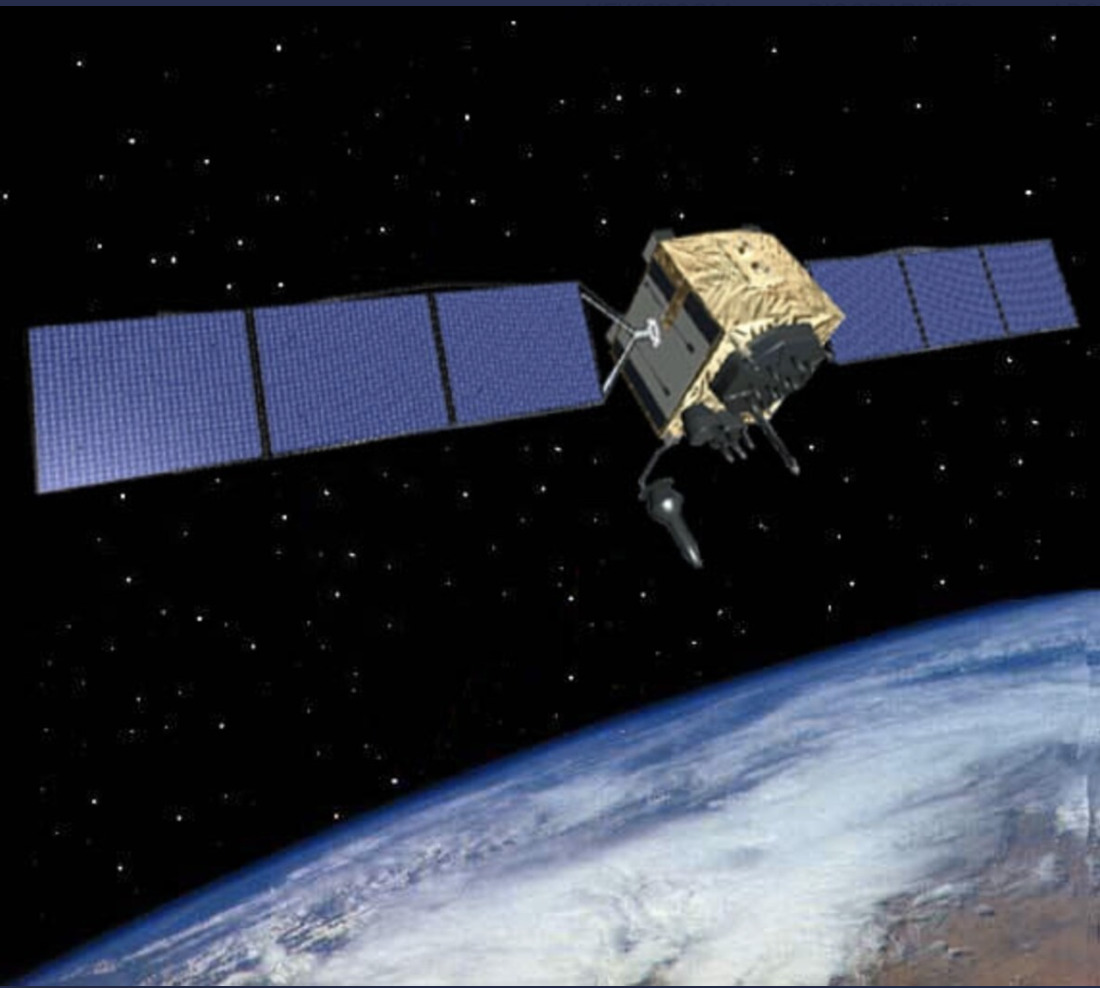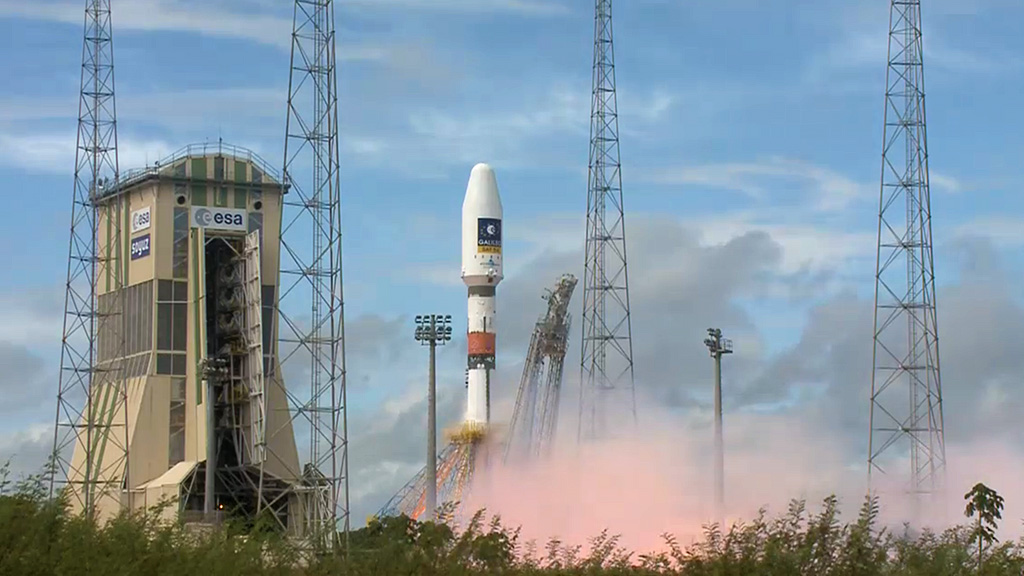Boeing secured a 10-year, $329.3 million contract to help the U.S. Space Force engineer operational GPS Block IIF satellites.
The company will perform engineering work to support on-orbit operations of the constellation used to transmit navigation data to military and civilian users worldwide, the Department of Defense announced, without providing any detail of what the engineering work will involve. The satellites carry reprogrammable processors that can receive software uploads.
Space Systems Command issued the indefinite-delivery/indefinite-quantity contract to address GPS IIF mission requirements across the military and expects work to conclude by Dec. 20, 2031.
The original U.S. Air force contract for Block IIF, signed in 1996, called for 33 spacecraft. This was later reduced to 12 as GPS III satellites were foreseen to fill the later slots. Program delays and technical problems pushed the first IIF launch from 2006 to 2010. The 12th and final satellite went up in February 2016. All 12 remain currently operational.
A IIF satellite was the first to broadcast the new civilian signal L5, useful for “wide-laning” with L1. The IIFs also broadcast the new military M-code and the more robust civil signal L2C, although these had already been debuted aboard the earlier Block IIR-M generation.






